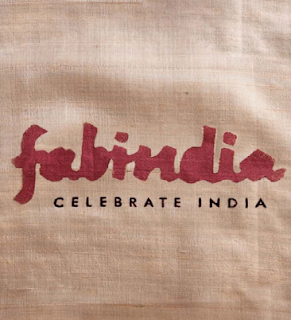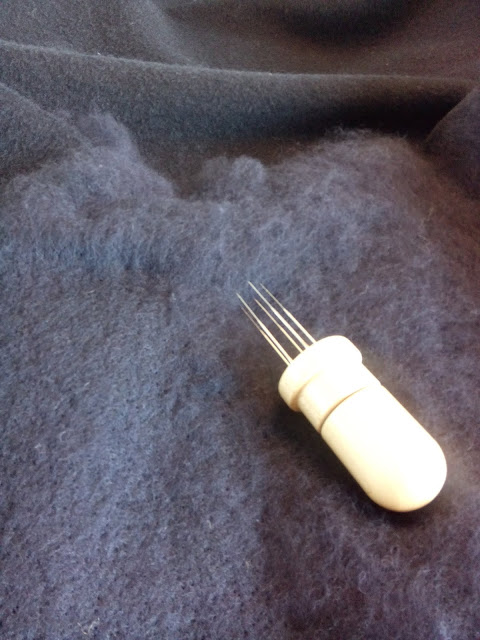17: Fabindia On a Mission
Previously I wrote about the role that Fabindia plays in boosting crafts in India. I'd like to dive a little deeper into that. Fab(ric) India- easy to understand textiles are the protagonist of their business model. I think their model is a very interesting one. Being in their stores in India, I was immediately attracted to their designs. The stores themselves are pleasant, well-staffed, beautifully stocked and products are beautifully narrated and displayed. I also came across the well-written biography of the company 'The Fabric of Our Lives' by Radhika Singh (2010) in which she describes the development of Fabindia from birth until the current times.
In short; established in 1960 by John Bissell, a young American from well-off descent, who came to India on a grant from the Ford Foundation. His task was to advise the Indian government on developing the All India Handicrafts Board and Cottage Industries on creating a market for handloom fabrics. After his assignment, which lasted almost 2 years, he stayed and started his own business with the help of a friend and his devoted parents back in New England. Indian crafted textiles, from excellent quality, ready for export. Plain fabric, but also carpets, home textiles such as tablecloths, towels, placemats etc. Later he also added garments for both men and women.
"In addition to making profits, our aims are constant development of new products, a fair, equitable and helpful relationship with our producers, and the maintenance of quality on which our reputation rests."
– John Bissell
– John Bissell
His principles were clear from the beginning, and have never been neglected until today:
* benefit for everyone involved; cotton growers, weavers, blockprinters, designers, sewers, shop staff and office staff.
* local craftspeople, local staff, local designers; local knowledge as the source of the company.
* fair payment for artisans in advance; knowing they can't afford to buy large amounts of material.
* quality above quantity.
* while doing business, community development is equally important.
* growth but within reach of the regular staff involved.
* keeping warehouse stock and sales in balance to keep the business healthy.
* constant development of designs, while keeping the classics vivid.
The company started in a building in central Delhi, with everything under one roof. Over the years export diminished and local demand grew, so Fabindia changed it's business model. Bissell also understood how to seek new opportunities, so when there was a chance to upscale sales and stock, he bought a new warehouse, expanded the offices and bought new showrooms throughout the country. Always bought, never rented, for he wanted everything to breathe the ultimate Fabindia atmosphere.
Nowadays Fabindia has 100 stores from north to south and from west to east in India, one in Rome and one in Doha. Selling textiles as core business, but nowadays also home products, beauty products and food items.
The market hasn't always been in favour of companies like this, and with fast fashion superbrands like H&M, Zara etc companies like Fabindia had to keep going against the flow. Succesfully, as we still see. Today local production, fair wages and natural, organic material are not yet the norm but there's a growing concern in the right direction. Radikha Singh beautifully describes the story of the company, larded with stories -personal as well as explanatory- data, letters, numbers, developments and images.
"Fabindia nowadays is a brand that is bigger than the company that has produced it." (Singh, p. 283)
Doing that with strong ethical business principles is wonderful and a true miracle. Looking at it and the scale of it all- India is a huge huge country-, I believe it gives hope for the future.






Reacties
Een reactie posten